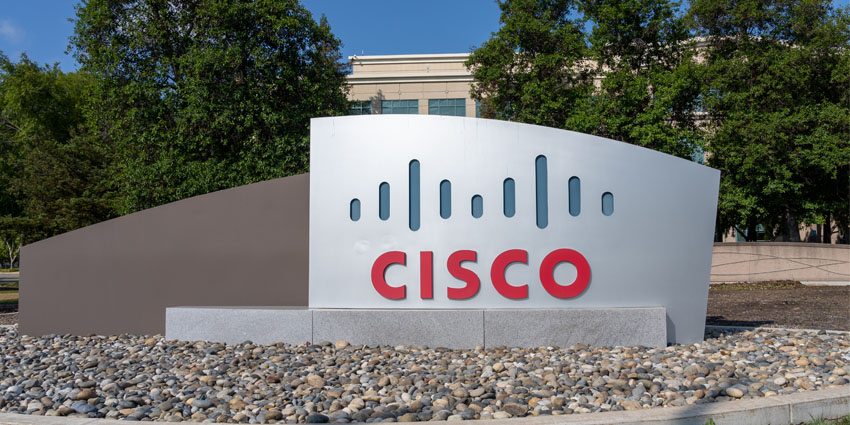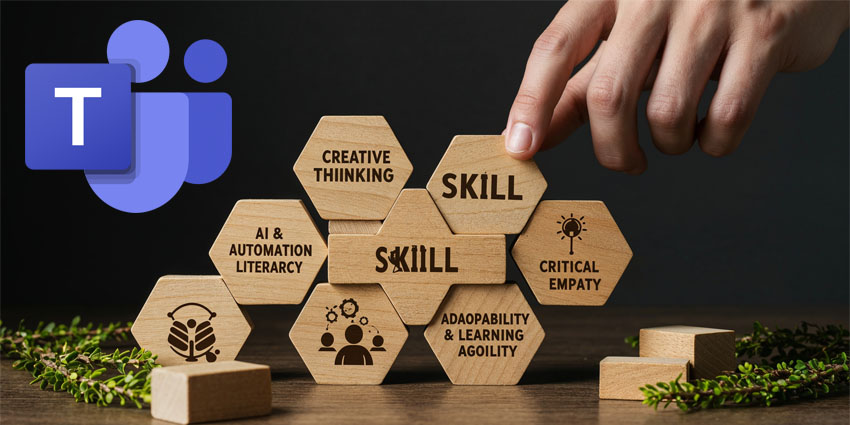Salesforce has signed a definitive agreement to buy data management platform Informatica for $8 billion – the latest in a series of acquisitions by the firm.
The move could give Salesforce a major boost, particularly as it continues to develop and roll out its next-generation AI agents.
“Together, Salesforce and Informatica will create the most complete, agent-ready data platform in the industry,” said Marc Benioff, Chair and CEO of Salesforce.
By uniting the power of Data Cloud, MuleSoft, and Tableau with Informatica’s industry-leading, advanced data management capabilities, we will enable autonomous agents to deliver smarter, safer, and more scalable outcomes for every company, and significantly strengthen our position in the $150 billion-plus enterprise data market.”
“Joining forces with Salesforce represents a significant leap forward in our journey to bring data and AI to life by empowering businesses with the transformative power of their most critical asset — their data,” said Amit Walia, CEO of Informatica. “We have a shared vision for how we can help organizations harness the full value of their data in the AI era.”
The deal aims to integrate Informatica’s advanced data management platform – including data integration, governance, quality, privacy, metadata, and Master Data Management (MDM) – directly into Salesforce’s AI ecosystem.
Implications for UC and IT Leaders
The acquisition is being pitched as foundational to Salesforce’s vision of “agentic AI” — autonomous agents that can safely operate across enterprise systems. Informatica’s capabilities will bolster Salesforce’s Data Cloud, MuleSoft, and Tableau, creating a unified architecture to ensure AI agents operate with trustworthy, transparent, and governed data.
For UC and IT professionals, the deal could be a game-changer – or simply add another layer of complexity:
- Data Clarity for Communications: Informatica enhances the quality and reliability of data used across contact centres and collaboration tools, making AI-powered experiences (like real-time summarization and intelligent routing) more effective.
- Governance as a Differentiator: With embedded MDM and compliance capabilities, the acquisition could simplify regulatory alignment across UC platforms, particularly in sensitive sectors like healthcare and finance.
- Platform Consolidation Risks: Deeper Salesforce integration means better alignment if companies are already invested in its stack, but may complicate things for organisations with multi-vendor ecosystems.
Salesforce is signalling a future in which AI, data, and communications are tightly integrated. The acquisition could give the firm a stronger hand in the enterprise data market and build a foundation for AI agents to automate complex business and communication processes.
While the acquisition promises to unlock smarter, safer enterprise AI, IT and UC leaders should stay alert to potential trade-offs like vendor lock-in, integration complexity, and the maturity of AI agent capabilities.
“Truly autonomous, trustworthy AI agents need the most comprehensive understanding of their data. The combination of Informatica’s advanced catalog and metadata capabilities with our Agentforce platform delivers exactly this,” said Steve Fisher, President and Chief Technology Officer, Salesforce.
“Imagine an AI agent that goes beyond simply seeing data points to understanding their full context — origin, transformation, quality, and governance. This clarity, from a unified Salesforce and Informatica solution, will allow all types of businesses to automate more complex processes and make more reliable AI-driven decisions.”
More Acquisitions
The planned acquisition adds to a flurry of deals the firm has made in recent years as it seeks to expand its product portfolio – buying Slack in 2021 for $27.7 billion, Tableau in 2019 for $15.7 billion, MuleSoft in 2018 for $6.5 billion, and Own Company for $1.9 billion last year.
Earlier this month Salesforce entered into a definitive agreement to acquire Convergence.ai in a move that opens up Slack to new generative AI assistant capabilities that can spin up agents.
Looking at the wider market, the firm faces stiff competition with OpenAI, Meta, Google DeepMind, and Microsoft investing billions in developing agentic AI.







